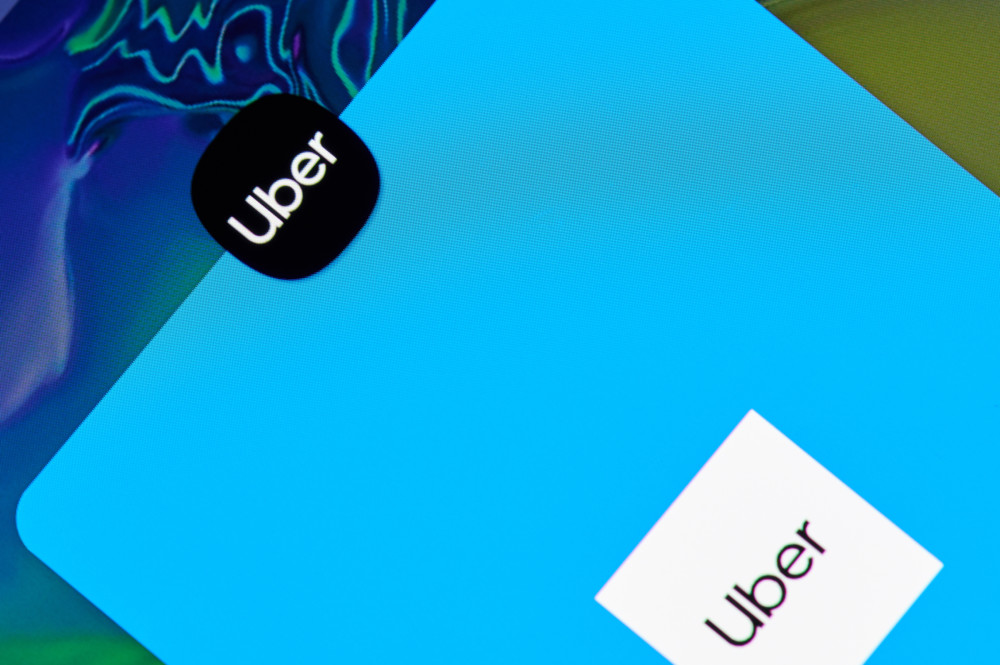By Eric Newcomer
Bloomberg News
WWR Article Summary (tl;dr) From Uber to Lyft to Airbnb, some of the most highly valued “sharing economy” companies are facing major challenges as people are ordered to shelter in place.
Bloomberg
A global pandemic that keeps well over a billion people inside their homes may not be as bad for companies making video conferencing software, or selling video game consoles, or running the cloud services that power them, but it is presenting a major stress test to one of the most fascinating corners of the tech industry over the past decade: the so-called sharing economy.
Businesses whose services involve driving people around, renting them scooters or places to stay on vacation face obvious challenges during a society-wide shutdown.
Some of the most highly valued startups in history are experiencing a far greater challenge than anything they’ve faced before.
“Uber and Lyft are clearly in the eye of this unprecedented global pandemic and near term economic apocalypse, given the premise of the companies’ rideshare model which is built around mobility as a whole, consumer trust, and travel demand,” wrote Wedbush analyst Dan Ives in a research note this week.
One problem for these companies is that it’s not clear they’re good businesses even in ideal conditions. Uber Technologies Inc. and Lyft Inc., two of the brightest stars in the sector, have never turned a profit, and have done poorly on Wall Street since going public last year. Postmates Inc. and DoorDash Inc., which apply similar models to food delivery, are also burning cash and may inspire even more skepticism from investors. The labor model underpinning all these companies, using massive numbers of independent contractors instead of actually hiring anyone, has faced increasingly aggressive legal pressure.
And that was all before Covid-19. The pandemic has sent Uber and Lyft’s stocks plummeting. Even after a rally on Thursday, share prices for both companies are down over 30% from Feb. 21, when values first began dropping significantly. Lyft is worth only $9 billion today, less than it was as a private company at the end of 2017. Uber told investors this month that it expected to close out the year with between $4 billion and $6 billion in cash. That’s a lot of money, but it’s never a good sign when a company is assuring investors it won’t run completely dry.
Both companies are likely to see significant disruptions in their operations for the foreseeable future. Uber may be partially insulated by its food delivery business, which could help offset a collapse in ride-hailing volume.
Delivery companies like Instacart Inc., for instance, have been doing far more business than they were before the pandemic.
It’s an oversimplification to say that a stressed-out population sheltering in place will be good for delivery companies. Services like DoorDash and Grubhub Inc. reducing fees they charge to restaurants, as they worry that supply will dry up as restaurants shut down or go out of business entirely.
Then there’s Airbnb Inc., whose business is being hit hard by a collapse in recreational travel. The company is reevaluating its plan to go public this year, and may have to raise more money from private investors.
Many of the sharing economy companies do have an advantage over their competitors from the traditional industries they set out to disrupt. Their innovation was to offload costs and risks to the drivers, delivery people, and homeowners who serve as the supply side of their platforms. Drivers are now stuck with those Lexuses they bought to ferry around high-end Uber passengers. Airbnb hosts who bought properties to rent out on the platform still have mortgages and electricity bills to pay.
This has some companies scrambling to position themselves as advocates for their suppliers. Airbnb and Uber have been lobbying the government to extend unemployment benefits to independent contractors and sole proprietors.
The sharing economy companies in the worst shape may be those who aren’t so asset-light. Scooter companies Lime and Bird Rides Inc. have electronic two-wheelers that are sitting around, depreciating in value.
Bloomberg recently reported that Lime, which is only operating in South Korea at the moment, is preparing to terminate workers. The Information reported it is also looking to raise a funding round 80% below its last private valuation.
A lobbying firm representing Lime and Bird had circulated a two-page presentation to members of Congress that called Covid-19 an “existential threat” to the scooter industry, according to a document viewed by Bloomberg. It asked Congress to delay scooter companies’ payroll taxes and to issue them emergency relief loans and loan guarantees.
Scooters got left out of the Senate’s bailout package, though the goal may be to get funding in a future transportation-related bill. After Bloomberg contacted Bird earlier this week about the lobbying effort, the company said it had changed its mind about pushing for aid.
Eventually scooter companies will have to find money and get back on the sidewalks or they’ll be in trouble. As the memo puts it, “With drastically fewer people going into work, running errands, or attending social gatherings, micromobility trips are dramatically down, and the 3-year-old micromobility industry may not recover.”
___
Distributed by Tribune Content Agency, LLC.














































































































































































































































































































































































